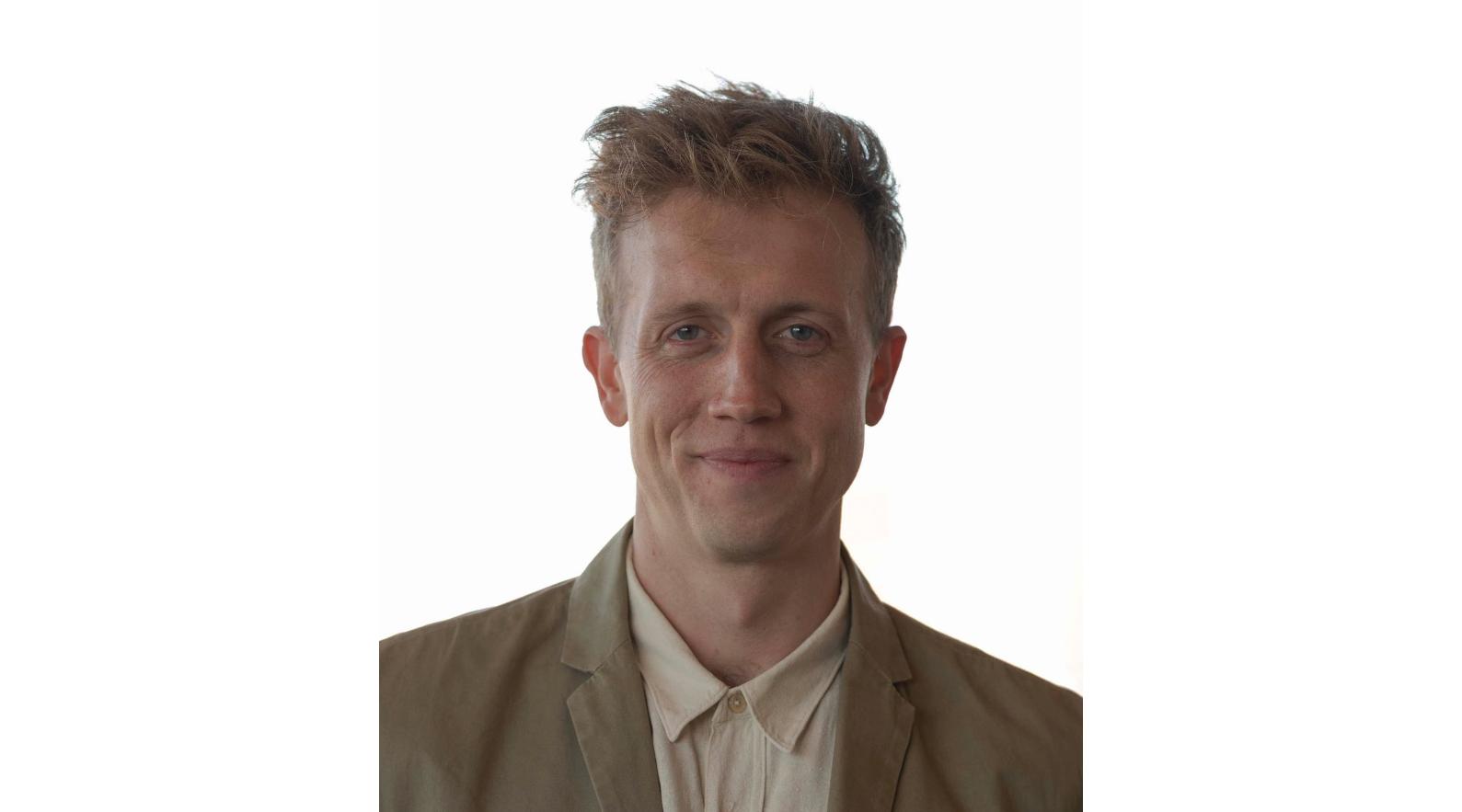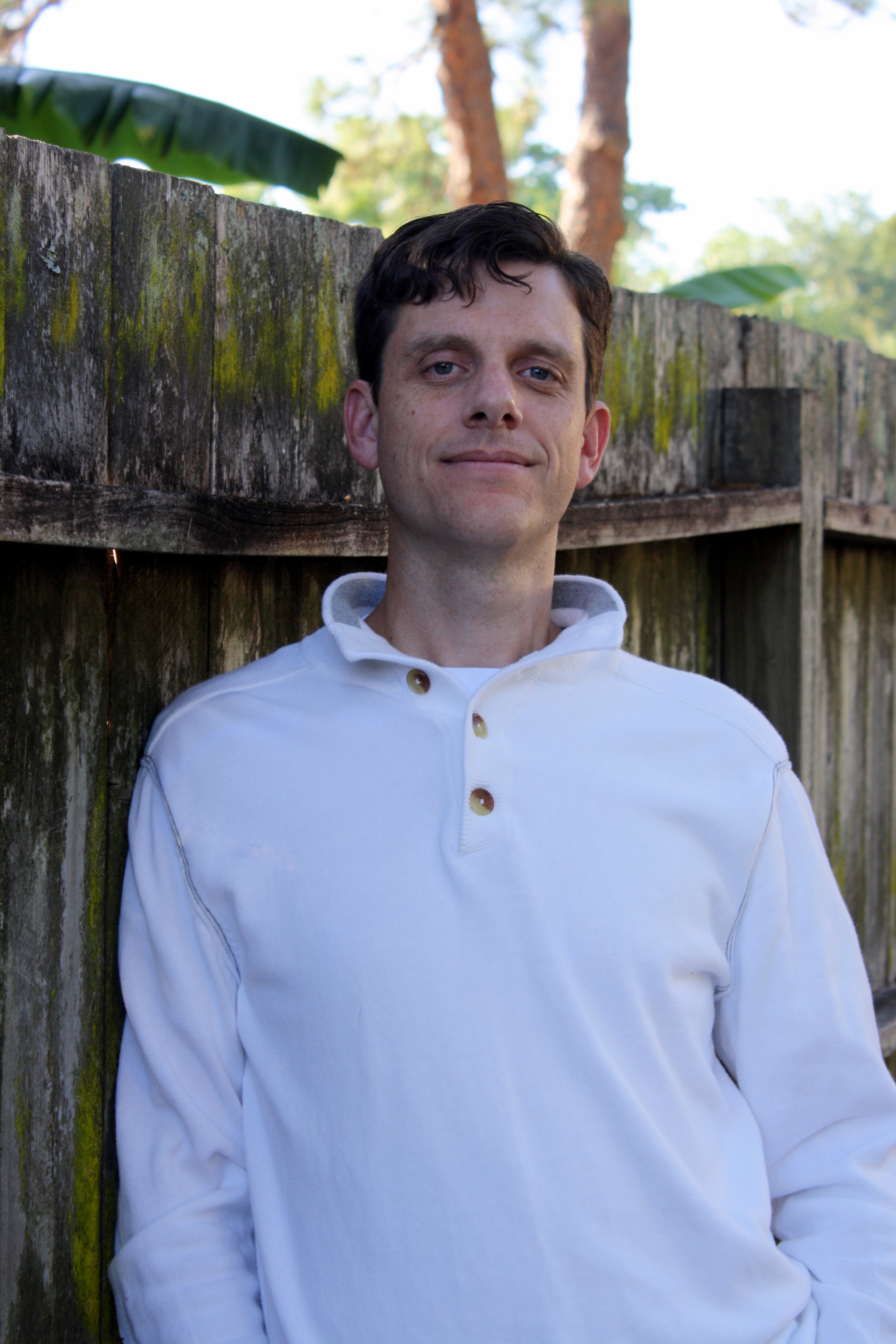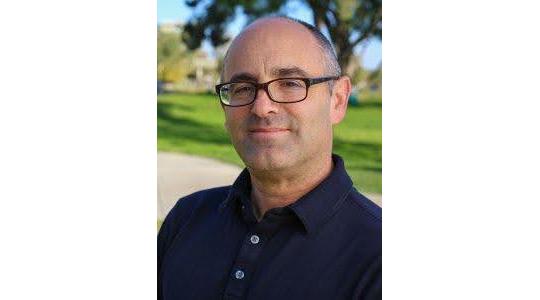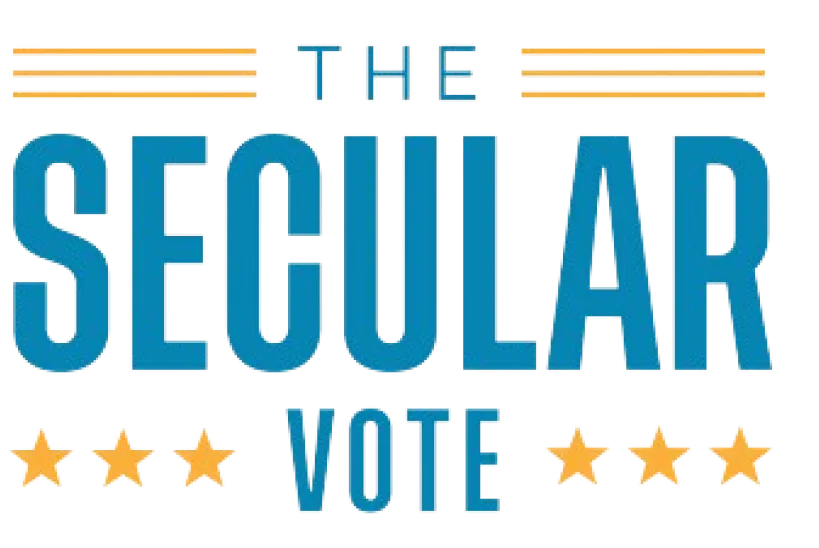
Dusty Hoesly is the Associate Director of the Capps Center. He earned a PhD in Religious Studies at UC Santa Barbara in 2018.
His research focuses on American religions and secularism, specializing in how new religious movements, Asian American religions, and the religiously unaffiliated shape modern American culture. He has published articles on the Universal Life Church and contemporary American weddings, organic foods in new religious movements, and biodiversity and spiritual well-being.
Current projects include a book about the Universal Life Church; a co-edited volume (with Melissa Borja) on Asian Americas, Religious Freedom, and the State; the Meaning of Religion Project, part of an intergenerational study of religion, spirituality, secularity, and values; and the Secular Communities Survey, the largest-ever study of organized nonbelievers in the U.S. Previously, he taught courses in Religious Studies at UC Santa Barbara and the University of Southern Mississippi. He is co-chair of the Sociology of Religion Unit and a steering committee member of the Asian North American Religion, Culture, & Society Unit at the American Academy of Religion (AAR). He also officiates weddings.
Areas of expertise:
American religion, secularism, religiously unaffiliated (“nones”), contemporary spirituality, new religious movements











